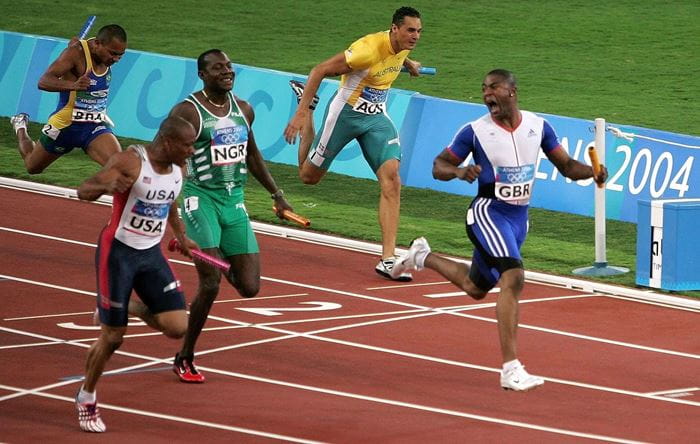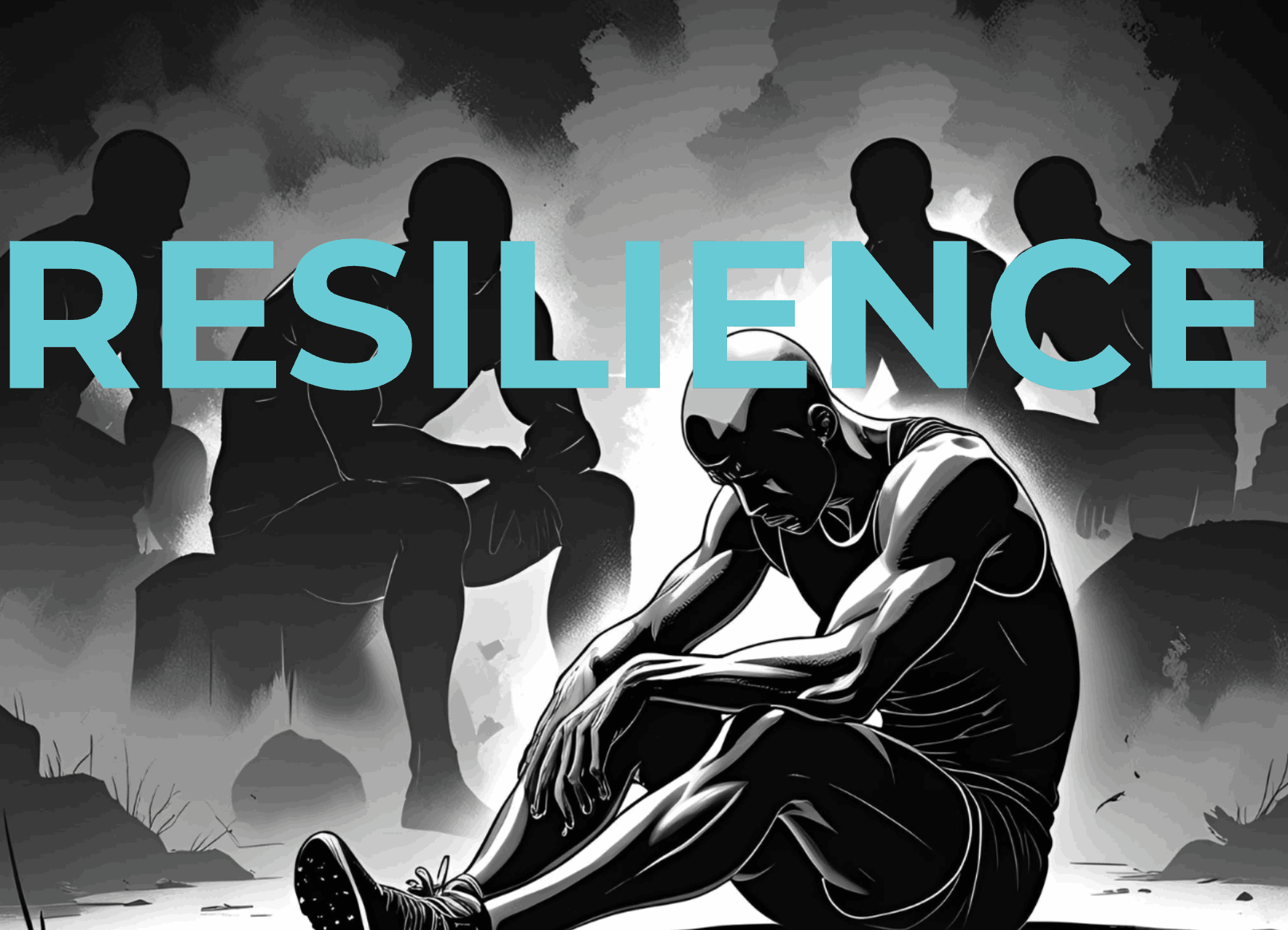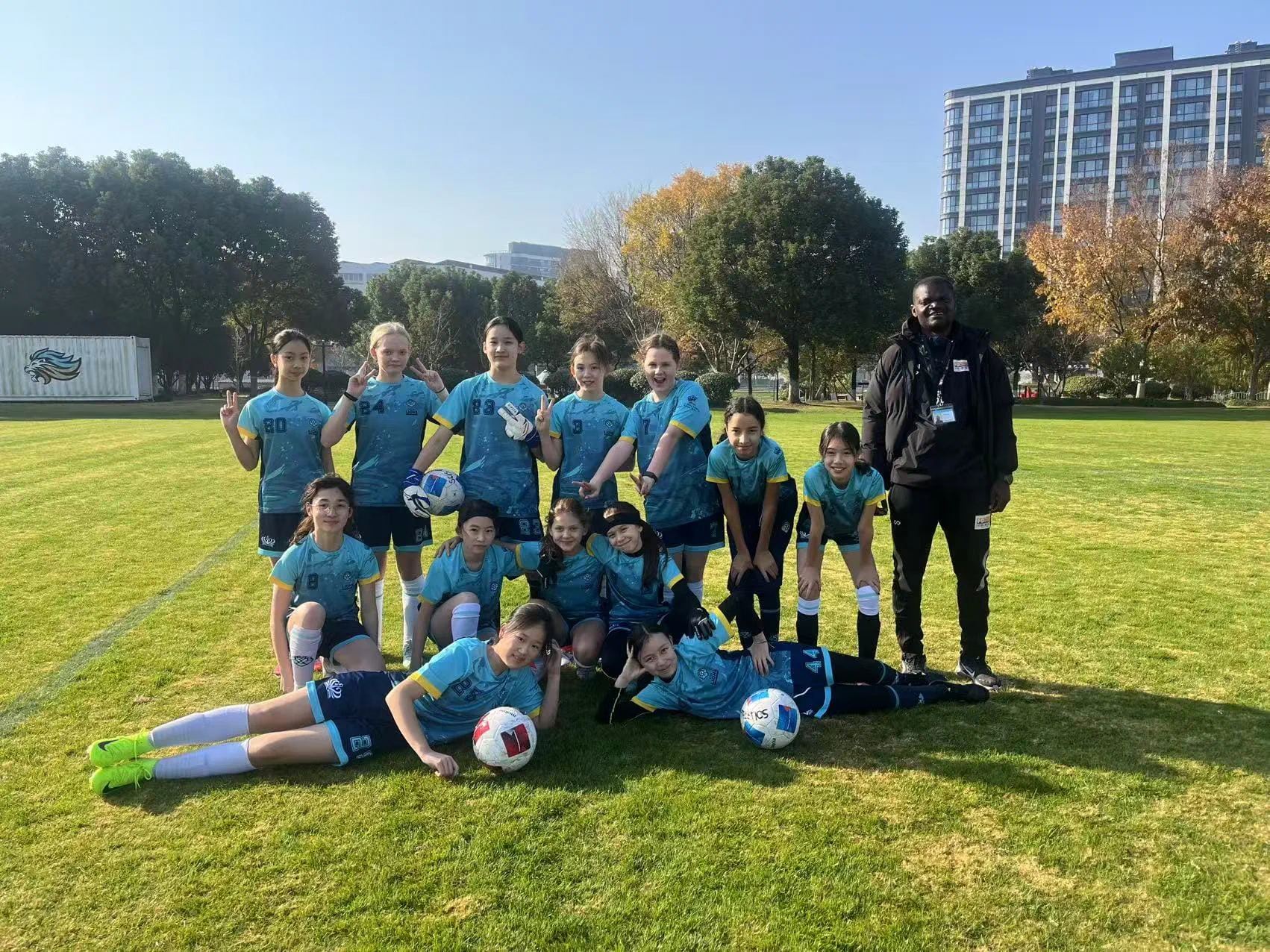By Rick Broadbent, The Times
Four faces fill a computer screen and rewind 20 years to a hot and heady night in Athens when they not only defied common sense and America’s alpha sprinters, but forged a bond that will never be broken.
“These guys are not friends,” Darren Campbell says. “It’s beyond that. They are my brothers.”
For those of a certain generation the men’s 4x100m Olympic final from 2004 was one of the greatest races.

Jason Gardener to Campbell to Marlon Devonish to Mark Lewis- Francis, four stories linked by perfect handovers and the finest margin. In the end Lewis-Francis, just 21, the prodigy who had been criticised for not turning his world junior title into more, held off Maurice Greene by 0.01sec. That single lap remains on an eternal loop for dream-chasers, but the story went far beyond underdogs biting back and was one of revenge and redemption before love and family.
It began with a history of bungled batons at the 1996 and 2000 Olympics. Scepticism turned to cynicism. Linford Christie had grown old and Dwain Chambers had been banned for doping in 2003. The team, including Campbell, was duly stripped of a World Championship silver medal. On the BBC, Colin Jackson bemoaned the disappearance of the “A-plus” boys. It got worse when Campbell got injured and failed to make the 200m final in Athens.
Michael Johnson also told the BBC that he publicly doubted the extent of Campbell’s issue. Hurt by the insinuations, Campbell confronted Johnson at an MTV party in Greece and had to be dragged away.
“On my last run in the camp I tore my hamstring,” Campbell says. “At that point I didn’t understand the severity, but I remember Linford crying. If there’s a shot, though, I won’t give up. I got knocked out of the individual [event] but I was healing as the days went on.” In desperation, he sought out a herbalist moored on a boat in the Aegean Sea. “When Michael Johnson said what he said I knew those words could affect the rest of my life,” he says. “I’d have to walk around Britain with people thinking I’m a guy who fakes stuff.
Well, I’m not that guy. The relay becomes the only way to redeem myself.”
In the hustle and bustle of the Olympic Village, the team and the coach Steve Perks had realised the only place to have quiet meetings and air their thoughts and fears was the boiler room. “I told them I was happy to go home and would not take offence if that was what they wanted,” says Campbell, the oldest of the four at 50. “They told me they wanted me to stay and I thought, ‘right’. I had to take away something that was on my name by winning gold.”
Devonish, now 48, adds: “The boiler room was where we had our secret conversations. We made mistakes in the emi-final and they had come from over-thinking.”
The confidence was growing, according to Gardener, through years of setbacks, lessons and intertwining paths. He had roomed with Devonish when they were 15, and now they were in a windowless bunker with bare pipes and discarded boxes.
“Mark was the last to join the team and was always on the sidelines waiting to get the nod ahead of Dwain Chambers,” Gardener says.
“Darren is a wonderful person to get the troops up and said to Mark, ‘We’re going to give you the baton in the lead and you’re going to do what Dwain could not do — and stay in front’. Mark loves that positive energy.”
Lewis-Francis interjects at that point to confirm this. Curiously, all these decades on at 41, he still seems like the kid brother in this band.
“When Darren said that to me I was walking on air. I knew it was going to be special. There were amazing athletes in that American squad but we got into their heads, not purposely, but they were shouting in the call room and we were calm and quiet and I think they saw our aura. I remember looking at Marlon and just gave him a little nod as if to say, ‘Let’s go.’”

This burgeoning belief in shockmaking, despite the Americans being much faster on paper and having the 100m champion in Justin Gatlin and the 200m winner in Shawn Crawford, was transferred as if by osmosis. “You could look and feel and taste it,”
Devonish says. “We just needed to keep calm and execute. Do that and there was every chance.” Lewis- Francis adds: “I had such belief in Marlon’s hand.” The speed of the baton would outrun American idols.
The pressure, though, was huge.
There was the media ready to pounce on another fumble, and the weight of shared expectation and burden of time. Campbell knew this was his final Olympics. Now or never.
To explain this tension, Campbell moves forward to 2018 when he suffered a bleed on the brain. He is not a man for melodrama, having grown up in a two-bedroom council flat in Manchester and been through the murder of a friend when only 18.
He once told me: “My mum is not really a crier but there was an open casket at the funeral and my friend was shot in the head. That never leaves you.”
So when he talks about mortality in sporting terms, you can be sure he means it. “It is one of the highest levels of pressure,” he explains. “Every four years you have to turn up for one day at a certain time and your best has to be good enough because there are seven others in the final who have the same dream. And you might have had the dream for ten or 20 years.
That’s the level. That’s why people say that it’s life and death. It’s not because I know life and death, but it’s not far off because it’s your life’s work and legacy.
“What you do at the Olympics will define your career. It’s more pressure than guys taking penalties for England. We are rivals, we race at trials, we have to get selected and then we have to run individual events before, two days later, coming together as a team.”
Fifteen minutes before the final Kelly Holmes won the 1,500m.
Campbell told his friends they had to do the same now, but Gardener falsestarted.
Anyone else doing so would now be disqualified. Nerves and synapses fired.
And then they were into the 38 seconds that would change their lives.
Gardener narrowly trailed Crawford but made up for it with a perfect changeover. Campbell powered down the back straight, narrowly behind Gatlin. Coby Miller went marginally too soon and the USA surrendered their lead.
Devonish, the only member of the team not there for the individual events, then gave a masterclass of bend running. And so it was left to Lewis-Francis. He could have thought of all those sneering articles about his mental strength, but he didn’t. “It’s about knowing your purpose,” he says. “The work had been done beforehand.”
The paroxysm of joy spread through four minds, an Athens stadium, a far-off nation’s living rooms and through the next 20 years.
“When I see these guys I see the smiles in their eyes,” Gardener says.
He says he should watch the race more often. Lewis-Francis says threequarters of them live roughly in the same area in South Wales and the South West and are waiting for Devonish to come home from his job in China so they can be together again. Devonish, a performance coach and PE educator at the British International School in Shanghai, says media students interview him and maths classes calculate his speed.
A colleague told him students benefited from seeing “the greatness and the failures in person”.
As for Campbell, he is now the head of sprints and relays for UK Athletics, with a strategy part-devised by Gardener, a former UKA president. His health issues have only made him appreciate his team-mates more. “Anyone can be a friend but in your darkest moments will they reach out and remind you of what you’re capable?” His “brothers” rang him after his brain bleed when he was in a “depressive moment” and made him go for lunch. “I did not want to leave the house and my life was at threat, but they reminded me of how strong I can be.
“The illness had made me forget the whole journey. I will never be able to do enough to show how grateful I am to have them in my life — and it came from a magical moment.”
Our Race; the untold story of an all-time sporting shock by Trystan Bevan and Ben Mercer (Outlier Press)
Broadbent R. (2024) 'Relay more pressure than penalty kicks for England’, The Times & The Sunday Times, 22 July. Available at: https://www.thetimes.com/sport/olympics/article/how-athens-2004-relay-gold-forged-bond-that-survived-brush-with-death-36nrpwgc5








